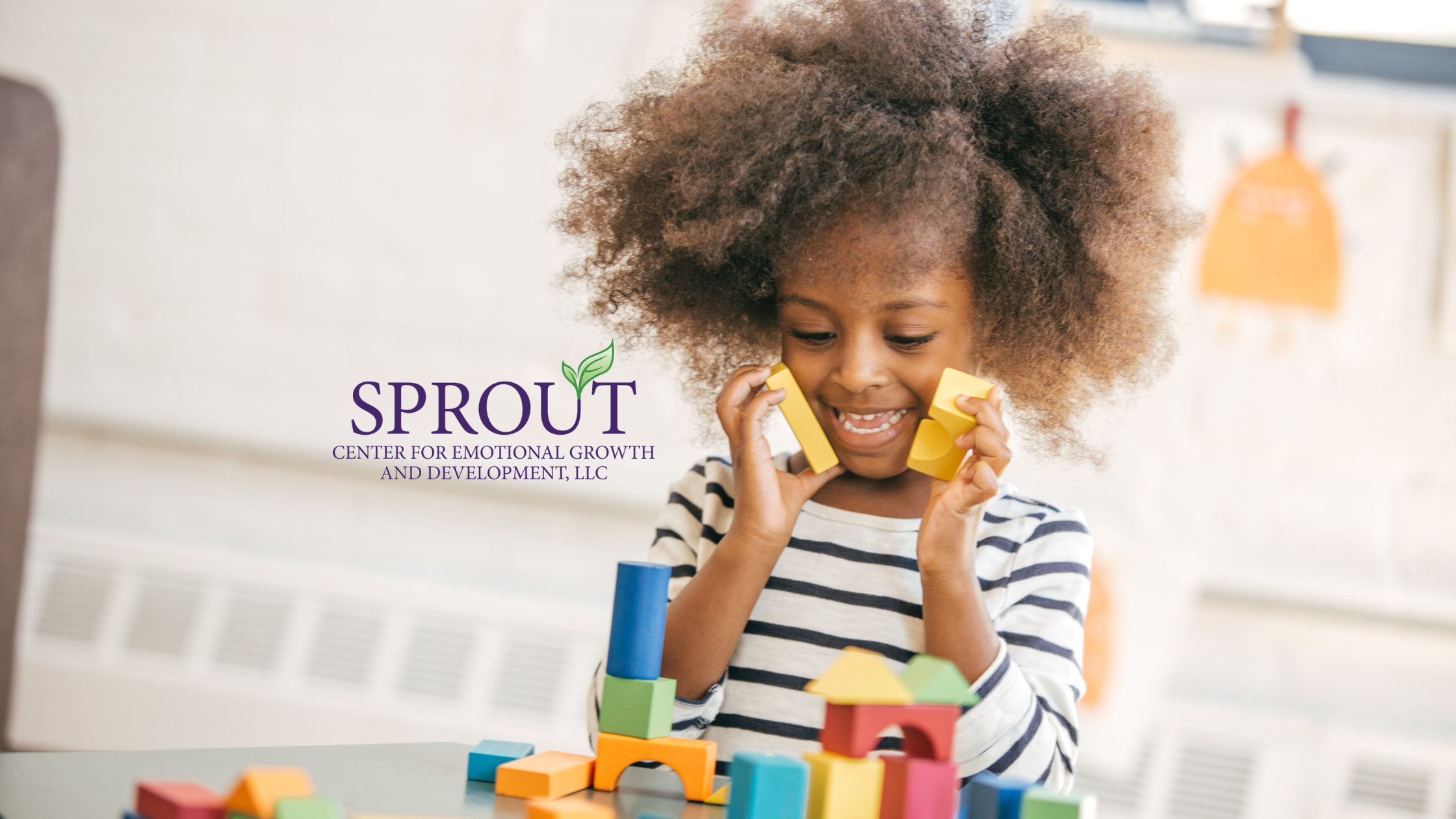Building self-confidence is often a common concern that parents have for their children: How can I help build my child’s self-confidence? What can I do to support my child when they struggle with their abilities?
Self-confidence is defined as a feeling of trust in one’s abilities, qualities, and judgments (Oxford Languages). In other words, it involves a child’s capability to reflect inward on their own thoughts and feelings as truth, knowing that those thoughts and feelings are allowed to be there without judgement. Confidence is not believing that you are the best at everything, but rather, a feeling that it is ok to be who you are, no matter what you may be feeling.
Here are some helpful strategies to begin today for supporting your child’s development of self-confidence:
- Emotion Validation: When parents validate a child’s emotion, it provides a child with the permission to experience the emotion. It says to a child that their feelings are important, real, and manageable. Instead of trying to talk them out of their current experience by saying, “You’re ok,” or “It’s not that big of a deal,” send a message of validation and acceptance instead: “That was upsetting, and it’s hard when you feel sad.”
- Wonder about the Process in Place of the Outcome: We often think of verbal praise as being a helpful strategy when supporting the development of confidence, but it may create a reliance on external validation. Therefore, try to focus on the process by asking questions like: “I wonder how you chose the shape of your structure?” or “I wonder if there were moments when things got really hard when you built that?” Highlighting the internal process of our children reinforces value in who a child is, not simply what they can accomplish.
- Allow your Child the Opportunity to Solve Problems on their Own: It can be difficult to watch our children struggle, but instead of solving the problem for your child, act as a guide. Be present and available to your child and offer support when necessary. These are great learning opportunities for both the parent and child.
- Model the Journey of Learning a New Skill: Everyday children observe others in their world complete tasks that they do not know how to do. Take an opportunity to model struggling learning a new task at home. Model how you will not “get it right” the first time you try. Then model engagement in positive regulation strategies, like positive self-talk, “Every time I try I am close to getting it,” or “Mess ups are a part of learning!” Modeling these moments helps build a child’s frustration tolerance.
In the end, it is important that we support our children’s development of self-confidence through connecting with their feelings during difficult moments. This sends the message that we accept their feelings and who they are unconditionally, and supports their development of acceptance of self, even when feeling as if they “don’t measure up” to others.
Written by: Stephanie Wier, LPC, NCC
